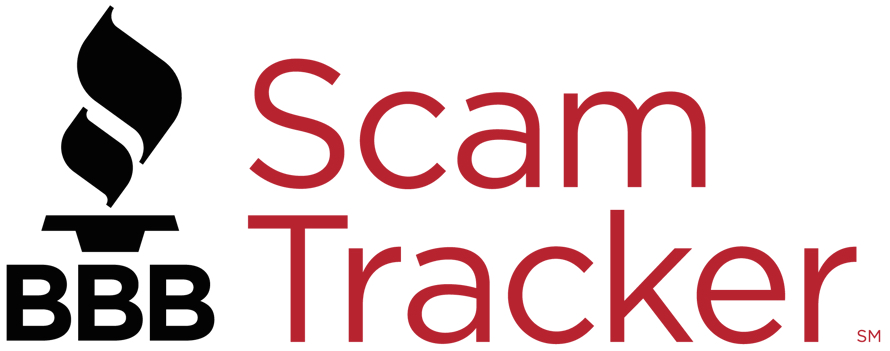Quincy Talking about how to handle your college student’s finances and personal information while they are on campus is a smart idea if they are starting a new academic year.
For many young individuals, college is the first time they are living independently and paying for their own expenses. Scammers and identity thieves target new students because they frequently have pristine credit records and are making important financial decisions for the first time, such as budgeting, loans, and scholarships.
Although young people may appear tech-savvy and impervious to scams, they may also lack financial knowledge, and anyone can fall victim to fraud. According to the BBB’s 2024 Scam Tracker Risk Report, young individuals between the ages of 18 and 24 are just as vulnerable to fraud and scams as other age groups. Additionally, compared to people of all ages ($130), young adults reported a higher median monetary loss to scams ($150).
The best defense is prevention. The BBB advises students to develop sound financial management practices, recognize the warning signs of fraud, and shop sensibly.
How can college students prevent fraud and identity theft?
Forward confidential correspondence to a secure address.Not all school mailboxes are safe. Request that vital documents be delivered to a post office box or a parent’s house.
Protect critical information.Keep your passport, bank statements, and Social Security card in a secure location. Any paper documents containing private financial information should be destroyed.
Be careful with your cards.No one, not even a friend, should be given your credit or debit card. When entering your PIN, keep your cards out of sight and watch out for shoulder surfers.
Keep your gadgets safe.Verify that the antivirus and anti-spyware software on your tablet, laptop, and phone is up to date. Update your browser or operating system frequently to help shield your devices from emerging scam techniques. For online accounts, create secure passwords and keep them private.
Examine credit and accounts for any unusual activity.Check your financial accounts often since the sooner you spot any possible fraud, the more likely it is that you will be able to get your money or personal information back. At annualcreditreport.com, you may examine your credit report for free once a year.
Look for a job safely.According to BBB data, the most dangerous fraud for those between the ages of 18 and 24 in 2024 was a job scam. Never pay someone for a job, do your homework on firms before applying, and be cautious if someone offers you a job out of the blue.
What are some safe financial decision-making strategies for college students?
When you shop online, look for businesses that have a BBB. One of the most frequent ways that consumers lose money or personal information is through online shopping scams. Verify the legitimacy of the business or website by searching for it on BBB.org and reading reviews. Seek out secure websites that have https:// in the URL and a padlock icon.
Use social media advertisements with caution. Anyone, even crooks or unreliable businesses, can post an official-looking social media advertisement. It is advisable to visit a company’s website directly rather than clicking on the advertisement in order to avoid lookalikes. A typical tactic used by scammers to trick customers is to make a deal on a viral item seem too good to be true.
Recognize the safest payment methods. Whenever possible, it’s a good idea to pay companies with a credit card and to save your receipts. In this manner, you can contest a charge in the event that something goes wrong. If someone invites you to use a wire transfer, prepaid gift card, or payment app to pay for something, proceed with caution.
In the event that something goes wrong, what can students do?
Do you believe you have been duped? BBB can assist. It might be very difficult to know what to do if you lose money or information to someone while you’re a college student living alone. With the help of BBB’s Scam Survival Toolkit, students can create a customized recovery plan.
The Quincy Better Business Bureau’s regional director is Don O. Brien. Reach him at 217-209-3972 or [email protected].










